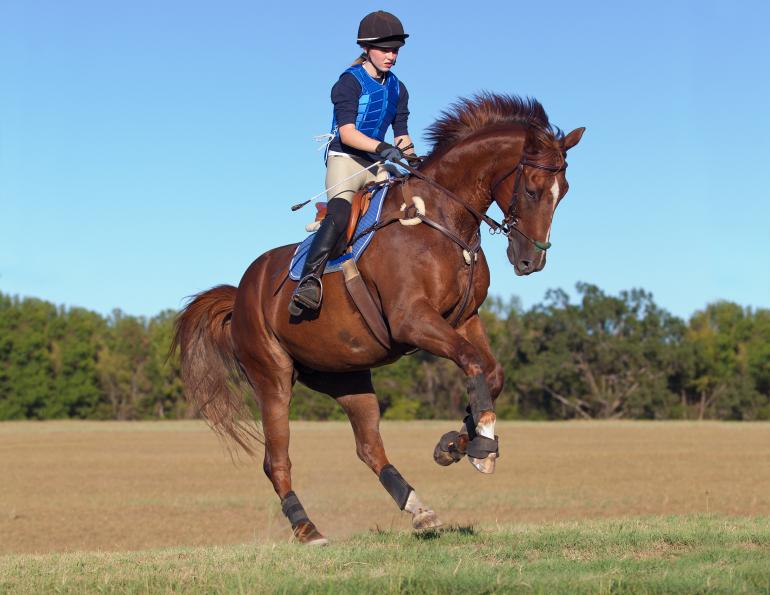In the world of equestrian activities, the concept of horse bridle response is fundamental. This article delves into what the term means, why it is vital for both the horse and rider, and how to effectively improve it. Whether you’re a seasoned rider or someone new to the equestrian world, understanding the nuances of horse bridle response can greatly enhance your riding experience.

What is Horse Bridle Response?
The term horse bridle response refers to how a horse reacts to the signals given through the bridle. It includes the horse’s ability to interpret and respond to the rider’s cues. A well-trained horse will have a soft and responsive reaction, enhancing the communication between horse and rider.
Importance of Bridle Response in Riding
For many riders, achieving a good bridle response is a key goal. It allows for smoother transitions, better control, and a more enjoyable riding experience. A horse that responds well to the bridle is often safer and more enjoyable to ride, as it reduces the risk of miscommunication.
Enhancing Communication
Improving bridle response involves enhancing the communication between you and your horse. This can be achieved through consistent training, patience, and understanding your horse’s individual needs. By focusing on these aspects, you can foster a stronger bond and ensure a more responsive ride.
How to Train for Better Bridle Response
Training a horse to improve its bridle response involves several steps. First, ensure that your horse is comfortable with the bridle itself. This means checking that it fits well and doesn’t cause discomfort. Regular training sessions focusing on responsiveness can also greatly enhance your horse’s reaction to bridle cues.
Basic Training Techniques
Start with simple exercises that encourage your horse to respond to light pressure from the bridle. Gradually increase the complexity of these exercises as your horse becomes more comfortable and responsive.
Consistency is Key
Consistency in training is crucial. Regular sessions that reinforce positive behavior can significantly improve your horse’s bridle response. Its important to be patient and persistent, as developing a good response can take time.
Understanding Your Horse’s Needs
Each horse is unique, and understanding your horse’s individual needs and preferences can help tailor your training approach. Some horses may require more time, while others may respond quickly to new cues.
Building Trust
Building trust is an essential component of improving bridle response. Spend time with your horse outside of training sessions to strengthen your bond. This trust will translate into better communication when riding.
Common Challenges and Solutions
Improving bridle response is not without its challenges. Horses may sometimes show resistance or confusion, but these can be overcome with the right approach.
Overcoming Resistance
If your horse shows resistance to bridle cues, it may be due to discomfort or lack of understanding. Ensure that the bridle fits properly and consider consulting a professional trainer to help address specific issues.
Addressing Confusion
Confusion is often the result of inconsistent training or mixed signals from the rider. Clarify your cues and maintain a steady training regimen to help your horse understand what is expected.
The Role of Equipment in Bridle Response
Using the right equipment is crucial for achieving a good bridle response. Ensure that your bridle is suited to your horse’s size and shape, and regularly check for wear and tear.
Choosing the Right Bridle
Different bridles are designed for different purposes. Understanding the needs of your horse and the requirements of your riding style can help you choose the most appropriate bridle.
Maintenance and Care
Regular maintenance of your bridle is essential. Clean it after each use and store it properly to ensure it remains in good condition. This will help maintain a consistent and comfortable fit for your horse.
External Resources for Further Learning
For those looking to delve deeper into horse bridle response, consider seeking advice from professionals or exploring additional resources. Websites such as Training a Young Horse offer valuable insights and tips.
Conclusion: Achieving a Harmonious Ride
Understanding and improving your horse’s bridle response is a rewarding endeavor that can lead to a more harmonious riding experience. By focusing on training, communication, and the right equipment, you can ensure that both you and your horse enjoy your time together.

FAQs
What is the best way to improve bridle response?
Consistent training and clear communication are key to improving bridle response. Focus on building trust and understanding between you and your horse.
Can any horse improve its bridle response?
Yes, with patience and the right training approach, any horse can improve its bridle response. Individual results may vary based on the horse’s temperament and past experiences.
How do I know if my bridle fits properly?
A well-fitting bridle should sit comfortably on your horse’s head without causing discomfort or restricting movement. Regular checks and adjustments are recommended to ensure a proper fit.
This article contains affiliate links. We may earn a commission at no extra cost to you.








